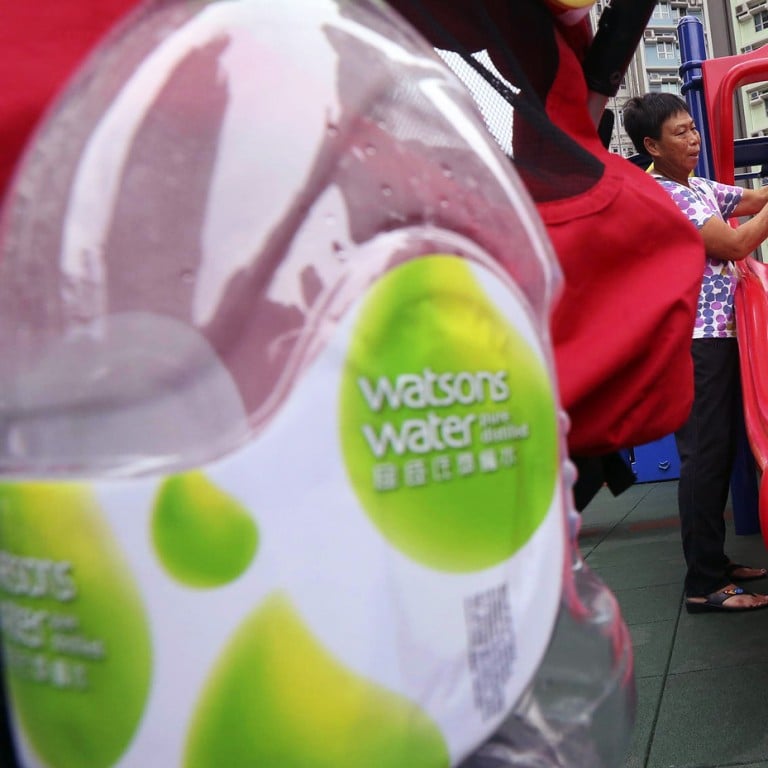
Forty Hong Kong estate residents record ‘higher than normal’ lead levels amid tainted water scare
Tests show an infant under one year old to be three times over what is considered to be safe
Blood samples of 40 residents, including an infant, from two public housing estates that were hit by the tainted water scare were found to contain "slightly higher than normal" amounts of lead, the government announced yesterday.
Health minister Dr Ko Wing-man conceded the excessive lead found in their bodies was probably related to the water in question as more than 13 per cent of the 302 people tested had been affected - instead of 2 to 3 per cent, which is the normal range for the population in general.
The residents live in Kai Ching Estate in Kowloon City and Kwai Luen Estate in Kwai Chung.
Health officials said the lead concentration in the blood of 27 children who were under six and 13 lactating mothers ranged between five and nearly 15 micrograms per 100 millilitres.
An infant who was less than one year old was found to have the highest concentration - 14.2 mcg per 100 millilitres, which is almost three times the 5 mcg level which is considered safe for children and pregnant women.
"Experts believe the excessive lead found in their blood probably came from lead in the water," Ko said, adding that the Department of Health would arrange for the children to visit an assessment centre to determine the impact on their development.
He also said the lead concentration would drop by half after 30 days if affected residents switched to clean drinking water.
Or Miu-ying, a mother of a three-month-old infant living in Kai Ching Estate, was one of the 13 lactating mothers who received a call from the Hospital Authority last night. She was told the lead content in her blood was 5.2 mcg per 100 millilitres.
"I don't know what to do," Or told the . "But I won't stop breastfeeding [my baby] because you never know whether water from the street pipes is clean or not. The Hospital Authority also told me not to worry too much."
Ko said the authority was extending blood tests to children who were under six when they moved to the affected estates, as well as residents living in Wing Cheong Estate in Sham Shui Po, where samples were found to contain excessive lead.
The Housing Authority last night revealed that Golden Day Engineering, which handled the Wing Cheong Estate project, also carried out water pipe work at five other public housing estates.
The Hospital Authority is studying the possibility of buying new equipment to conduct blood tests and sending the samples to overseas laboratories to speed up testing, as it doubled its capacity for carrying out tests to 600 residents at two hospitals this weekend.
It would now take more than four days to receive the reports because of this, Ko said.
When asked whether the government would consider compensating residents, housing minister Professor Anthony Cheung Bing-leung said it was more pressing to implement remedial measures. Compensation was a complex issue that had to be studied carefully, he added.
The task force investigating the source of the lead contamination would try to submit a preliminary report in about two months, officials said.
Separately, Chief Executive Leung Chun-ying denied the establishment of an independent commission to investigate the scandal was a pre-emptive move to block legislators from launching their own probe by invoking special powers. He also said they were still looking for suitable candidates for the commission.
